Change-makers share their passion
In June 2019, 11 brave story-tellers stepped into the spotlight. The challenge—tell your story against the backdrop of 20 slides (that you have chosen), which will roll for 20 seconds each.
This is Pecha Kucha, developed by Japanese designers who wanted to share ideas in a way that is visual, fun, and keeps moving along. Our Pecha Kucha evening capped the first day of the 2019 How We Thrive gathering at Mount Saint Vincent University in Halifax and attracted an enthusiastic crowd.
Thanks to Ann Verrall for videotaping and Mark Coffin for producing.
Watch the 7-minute videos
Debra Paris Perry. A story of courage, resilience and breaking the cycle of intergenerational trauma, addictions and sex trafficking.
Cadence Steeves. On being 15 in today's world, feeling responsible, and the inspiration to become an activist.
Emily Bland. Inspired by her farming roots and the reality of food insecurity in northern communities, Emily and her team create a way that anyone can grow fresh produce year-round, even in the middle of nowhere.
Nadine Bernard brought people together through a program called Slow-Cooked Dreams when she realized she could go a step further in reviving food sovereignty in Mi’kmaq communities.
Wendy Keats. After a history of colonialism, failed mega projects, outmigration, economic decline and threats of a school closure... a rural NB community rallies to take back control of its future.
Robert Cervelli. What does climate readiness look like? Close-knit communities learning from each other, protecting their resources, and practicing mutual support, local prosperity, and broad-based engagement.
Jennifer DeCoste. Folk schools—an idea that's been around for 150 years, and that caught the interest of Martin Luther King and Father Jimmy Tompkins—is rekindled in Nova Scotia and beyond.
Kimberly Smith’s son taught him to let go of the focus on the film "product" and instead explore, play, mix with all kinds of people, and share stories.
Aimee Gasperetto finds creative ways of bringing fresh food to people who need it, while building partnerships and connecting people.
David Paterson. What makes a city manageable, welcoming and accessible? Planning cities with neurodiversity in mind shifts the focus from cars and efficiency to spaces for people.

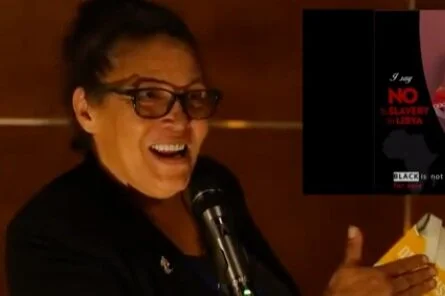
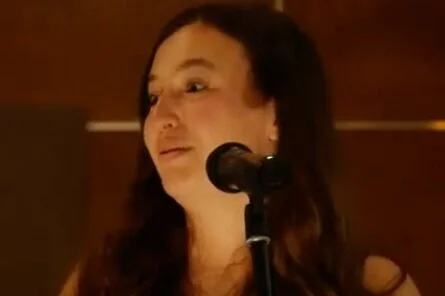

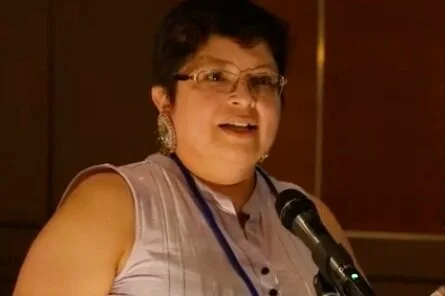
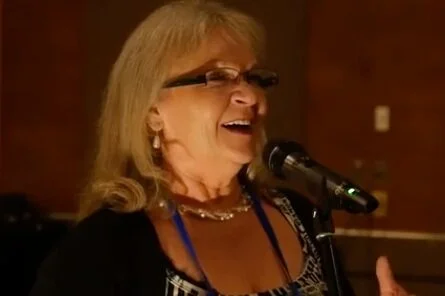

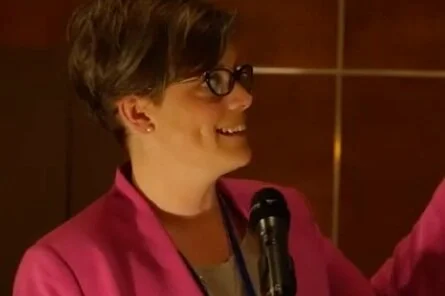
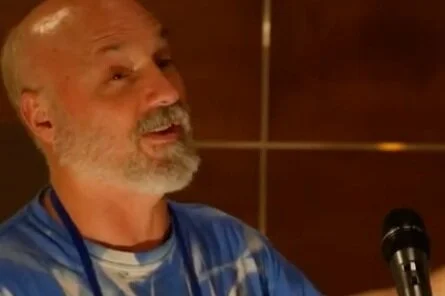
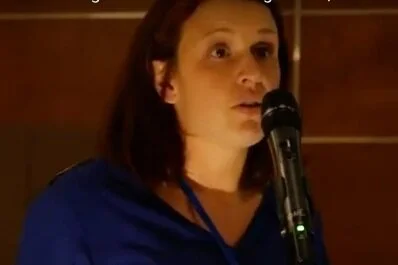

Tracy George. CEPI Youth connect young people in Cape Breton/Unama’ki with each other and with business opportunities.